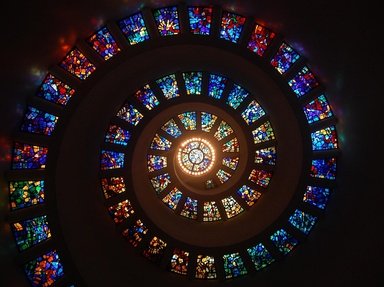Quiz Answer Key and Fun Facts
1. The word Babel sounds very like the word "Balal," which has what meaning in Hebrew?
2. Who, in Judeo-Christian tradition, is most often credited with orchestrating the building of the Tower of Babel?
3. The story of the Tower of Babel is extremely difficult to reconcile with modern linguistic theories about the development of human language, because it suggests there was once a common tongue in the "whole earth."
4. We have found documents containing a story similar to the Genesis account of the Tower of Babel, which says, "In those days . . . the people in unison . . . in one tongue [spoke]. ... (Then) Enki, the lord of abundance . . . Changed the speech in their mouths . . . " What culture authored this tale?
5. In what culture's "Enuma Elish" do we find parallels to the story of the building of the Tower of Babel?
6. In what ancient culture's sacred history do we find recorded, "...the speech of the tribes changed; their tongues became different. They could no longer understand each other clearly after arriving at Tulan."
7. According to Genesis, why did men build the Tower of Babel?
8. The Greek historian Abydenus mentioned a mighty tower in Babylon which was destroyed. In which century did he live?
9. In one Jewish midrash, men built the tower because they believed God had no right to keep the heavens to Himself. They also planned to place an idol on the top of the tower. What did they plan for the idol to hold in its hand?
10. Most scholars think the Tower of Babel was most likely what shape?
Source: Author
skylarb
This quiz was reviewed by FunTrivia editor
trammgr before going online.
Any errors found in FunTrivia content are routinely corrected through our feedback system.


